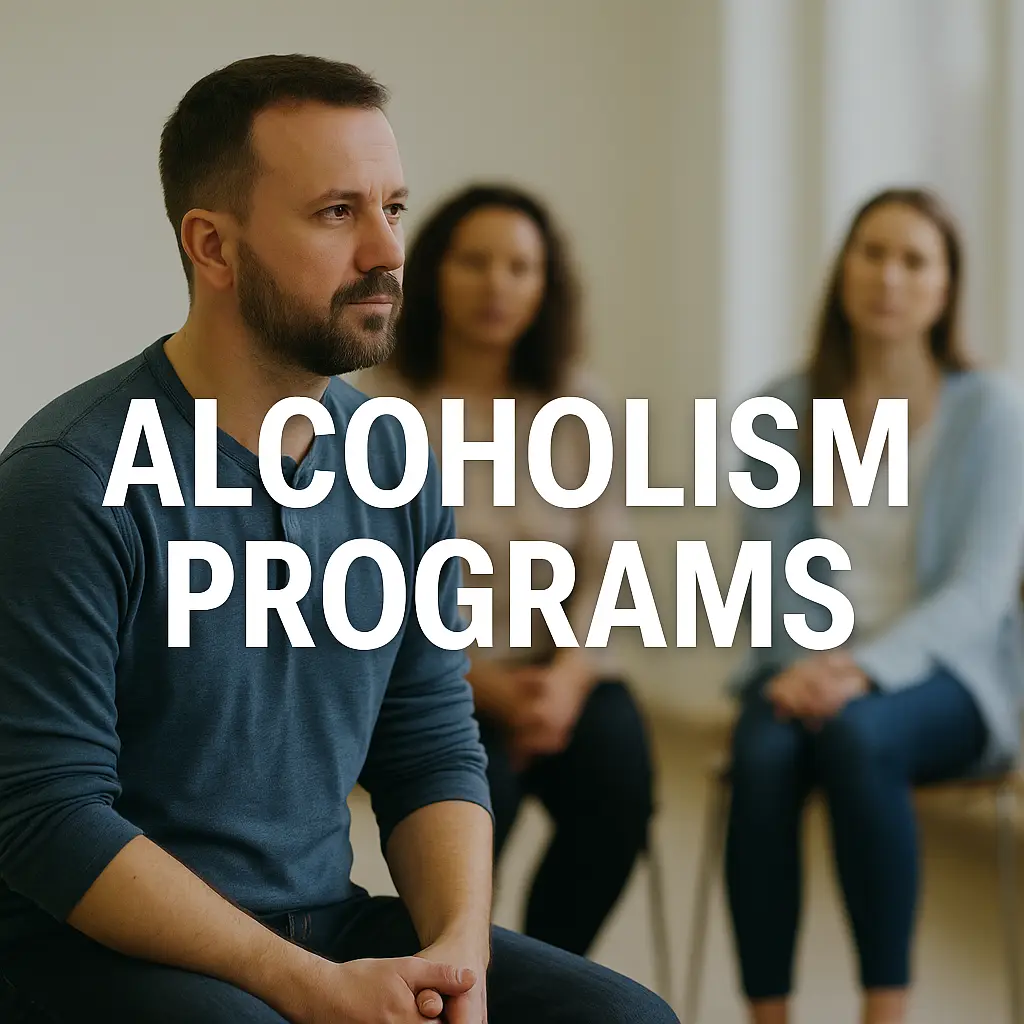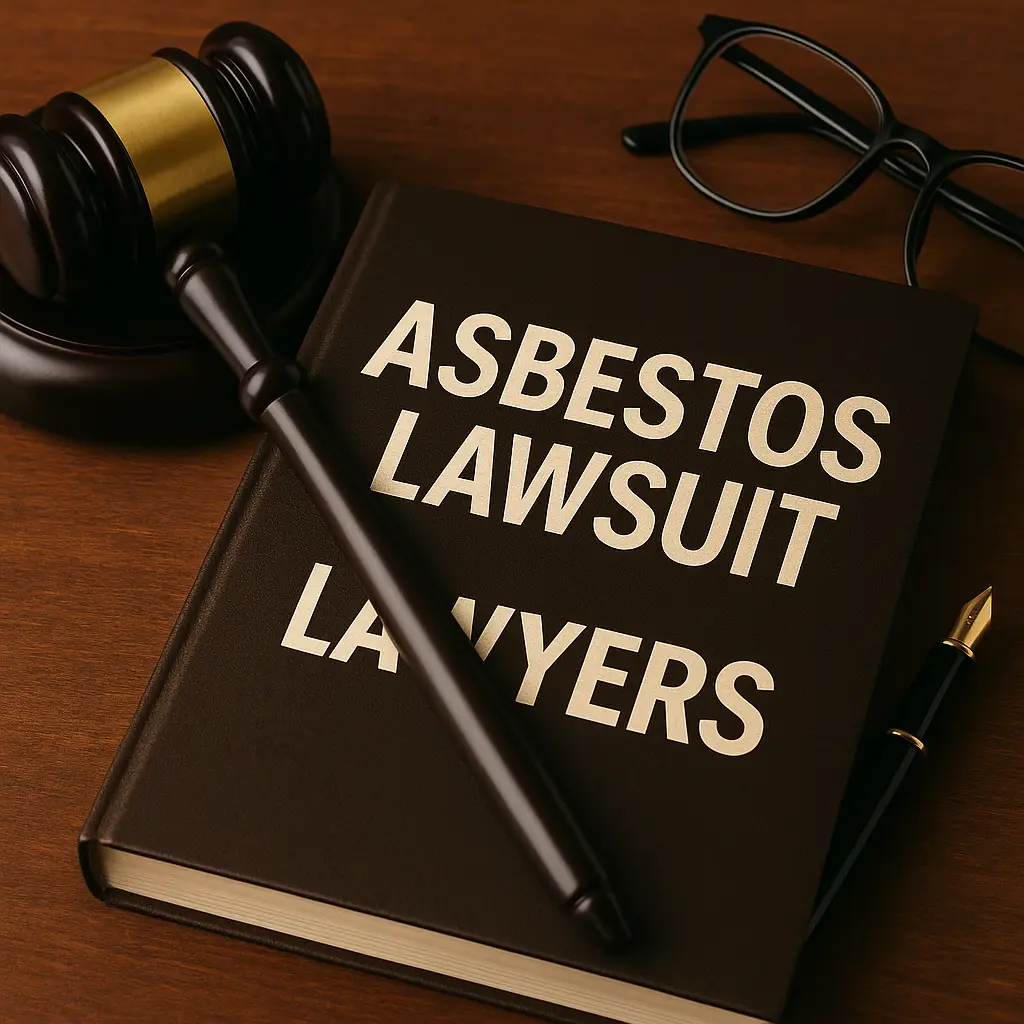Exploring Effective Treatment Programs for Alcohol Addiction
Alcohol dependence, also known as alcohol use disorder (AUD), is a destructive and common problem impacting millions of people and their loved ones. Thankfully, it’s also something that’s possible to recover from, especially if you’re able to get professional help, such as through alcohol addiction programs.
This guide will help you learn the various types of alcohol treatment programs, how they work and how to choose the option that will be best for your long-term sobriety.
What Are Alcohol Addiction Treatment Programs?
Alcohol rehab programs are organized programs meant to assist individuals in learning how to quit drinking alcohol and resist the urges to drink while they have stopped. These treatment options are a combination of medical care, psychological support, psychotherapy and lifestyle alterations and target the both physical and emotional dependence of addiction.
They are available in numerous formats—from inpatient rehab centers to outpatient clinics—and they differ in terms of the degree of intensity provided for treatment.
Why a Structured Treatment Program is Essential
Attempting to stop alcohol “cold turkey” can be unsafe and less successful. The benefits of alcohol rehabilitation programs include:
- Intervention by the administration of medication for detoxification
- Therapeutics and counseling based on the evidence
- Peer and community support
- Relapse prevention planning
- A haven of healing and growth
These treatments not only aid people in quitting drinking but also provide tools for staying sober in the long term.
| Read more… Los Angeles Motorcycle Accident Lawyer Fees—What You Should Know Before Hiring. |
Different Kinds of Alcohol Treatment Programs
It all depends on the severity of the addiction, presence of any co-occurring mental health issues, and personal preference. The following treatments are the most prevalent and successful for alcohol use disorder.
Inpatient or Residential Programs
Alcohol inpatient treatment: With inpatient alcohol treatment, you live full-time in a rehab center, typically for 30, 60, or 90 days. It’s wonderful for people with a serious addiction, or for those who need a safe, structured place to start recovery.
Key features:
- 24-hour nursing and emotional care
- Detox services
- Individual and group therapy
- Family Engagement and Education
- Structured daily routines
Advantages: Immersive care, rate of delivery, eliminates triggers
Cons: Most expensive, time consuming, away from home/work

Outpatient Treatment Programs
Outpatient programs permit people to remain at home while they attend schedule therapy and treatment sessions. It is an effective strategy when treating individuals with mild to moderate AUD or as a step-down following inpatient care.
Levels of outpatient care:
Partial Hospitalization Program (PHP)- This is a higher level of care, which is usually less intense than inpatient psychiatric care and is used to treat individuals with psychiatric and/or addictive disorders. Such programs may be known as day treatment or as intensive outpatient care, and usually consists of about 3-5 days of therapy wherein the client returns home to stay at night.
Outpatient Program: Intensive Outpatient Program (IOP) – Less hours per week than PHP and more hours than standard outpatient
OP – Outpatient – weekly (or bi-weekly) sessions, frequently long-term
Pros -schedule flexibility at a lower cost with less disruption to your daily life.
Cons: More freedom, risk of exposure to triggers
Medical Detox Programs
Alcohol detox is the last thing you remove from body. This is the first step for many before participating in a full treatment program. Detox must be done under medical supervision, as withdrawal can be dangerous, and even life-threatening.
Common detox symptoms:
- Tremors
- Nausea and vomiting
- Sweating
- Anxiety and irritability
- Seizures or hallucinations (in rare and severe cases)
Detox is offered in medical facilities and provides 24-hour care and medications to help patients manage the discomfort of withdrawal: Preventing withdrawal symptoms to the extent possible minimizes the risk of complications and relapse.
Dual Diagnosis Treatment Programs
It’s no secret that many people who have a problem with alcohol also have a co-occurring mental health disorder, be it depression, anxiety, PTSD or bipolar disorder. Dual diagnosis treatment treats both at the same time for a holistic recovery.
Benefits include:
- Integrated mental health care
- Medication management
- Techniques of specialized therapy
- More likely to succeed over the long term
Integrative and Other Programs
While these (and others) are standard methods of rehab, some centers also have holistic alcohol treatment programs designed to treat the whole patient – body, mind, and spirit.
Common components:
- Yoga and meditation
- Art or music therapy
- Diet and exercise programming
- Acupuncture or massage
- Spiritual guidance
These apps are commonly recommended as adjuncts to evidence-based treatments.
Fundamental Processes of Effective Alcohol Treatment
In whatever form or structure, however, the most effective alcohol treatment programs have a few key elements in common:
Patient Evaluation and Customized Course of Action
A Guide to Rosacea Treatment You should always start with a full assessment to develop a personalized treatment plan. This, in turn, allows the program to be adaptable based on the particular individual, their health status, and their personal objectives.
Behavioral Therapies
- Therapy is the meat of recovery. Common modalities include:
- Cognitive Behavioral Therapy (CBT) -Helps you realize and alters unhealthy thinking patterns
- Motivational Interviewing (MI) – Develops motivation to make changes internally
- DBT (Dialectical Behavior Therapy) – Focuses on emotional regulation and stress-management.
- Contingency Management – Reinforces good behavior (this strategy)
Support Groups
The support of a peer can make the difference in the likelihood of staying sober. Many programs integrate:
- 12-Step Programs (such as Alcoholics Anonymous)
- SMART Recovery– A “rational” un commonality to 12-steps
- Group therapy sessions
Family Therapy and Education
Recovering from addiction often includes repairing relationships. Involvement of family is an important modifier for dysfunction, setting of boundaries and support.
Re-Entry and Prevention of Relapses
The best programs support clients for life after rehab with aftercare plans, like:
- Ongoing therapy
- Sober living homes
- Support group meetings
- Relapse prevention strategies
How to Find the Best Alcohol Treatment Program
With so many possibilities to choose from, it can be tough to sort through them to find the best program. Here’s what to consider:
- Accreditation and Licensing
Whenever you do, make sure the facility is the best – Accredited by an organization like Joint Commission, CARF, staffed with licensed professionals. - Success Rates and Reputation
Do your research on the program’s success rates, read reviews and ask for testimonials. Word of mouth and personal recommendations can also be of some help. - Individualized Care
Steer clear of one-size-fits-all programs. Seek around for centers that tailor treatment, taking into account your individual needs and background. - Insurance and Cost
See if the program is covered by your health insurance plan or if financing is available. We have a wide range of treatment costs based on the type, duration and location of the program. - Location and Environment
Consider if you want a local program, or if you’d prefer to get treatment in a destination rehab in a tranquil or private environment.
Life After Alcohol Treatment
- Falling out of a treatment program is a major accomplishment — but that does not mean the journey is done. The change is in maintaining that sobriety and depends on adopting new behaviors, being guided and encouraging a desire for self-improvement.
- So here’s how to stay strong after rehab:
- Stay connected to sober peers and mentors “I need to be around people in recovery whom I both care for and who’d be disappointed in me if I were to falter.”
- Attend meetings regularly
- Goals and rewards
- Steer clear of risks and high-risk situations
- Seek help if you find yourself craving, or relapsing, to the behavior
A relapse does not mean failure — it is an indication that it is time to recalibrate and recommit to recovery.
Final Thoughts
One of the most important actions a person can do to get and remain clean is choosing the right alcohol treatment program. Programs for detox, holistic therapy, inpatient rehab, and outpatient care are available to accommodate different requirements and backgrounds.
Recovery is a most certainly attainable with the right system of support, evidence-based care and a readiness to change.
Remember: You’re not in this alone. Assistance is here and begins with one brave decision on your new life.
[ This article is for informational purposes only and does not constitute legal or medical advice. ]



